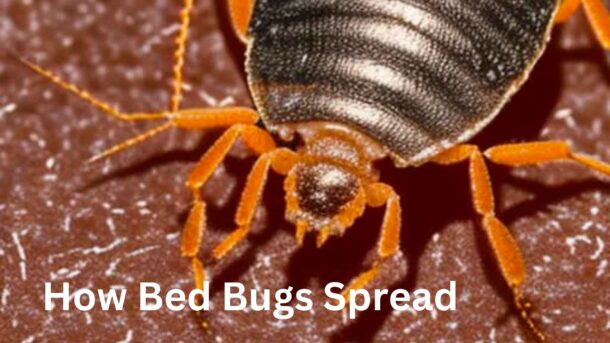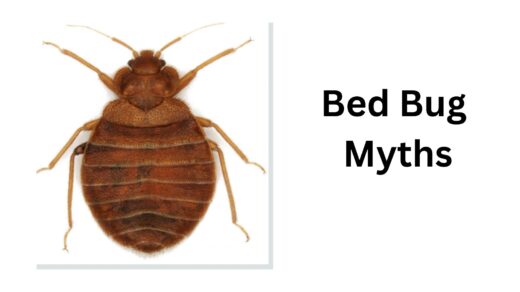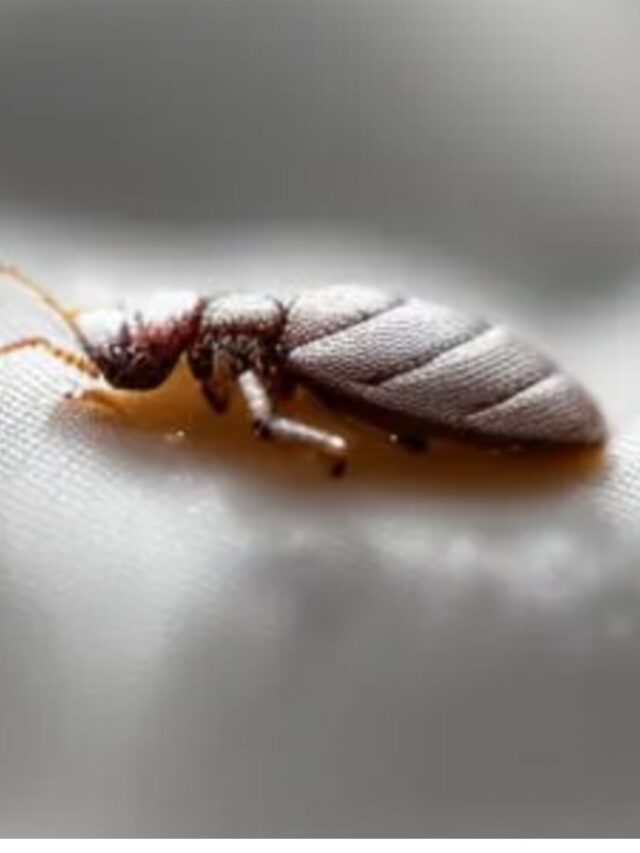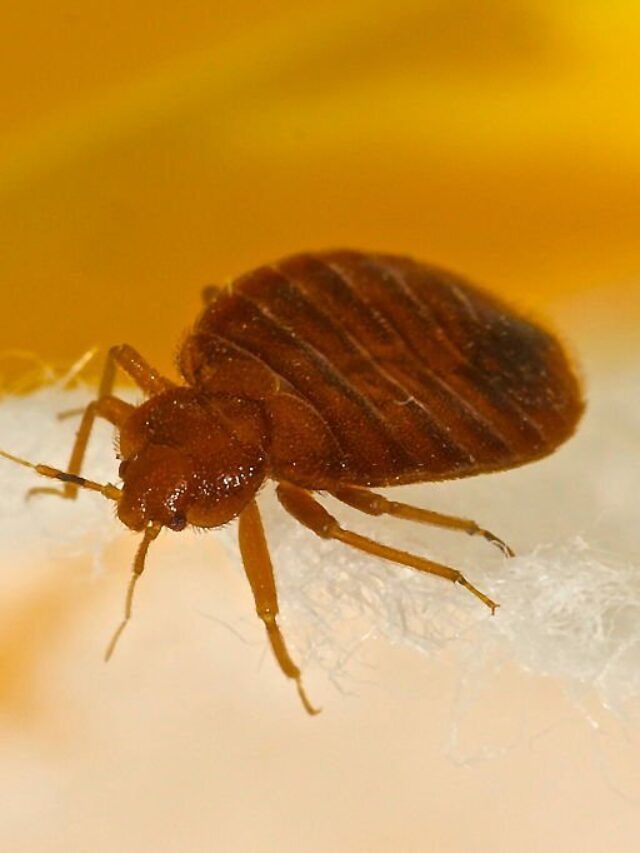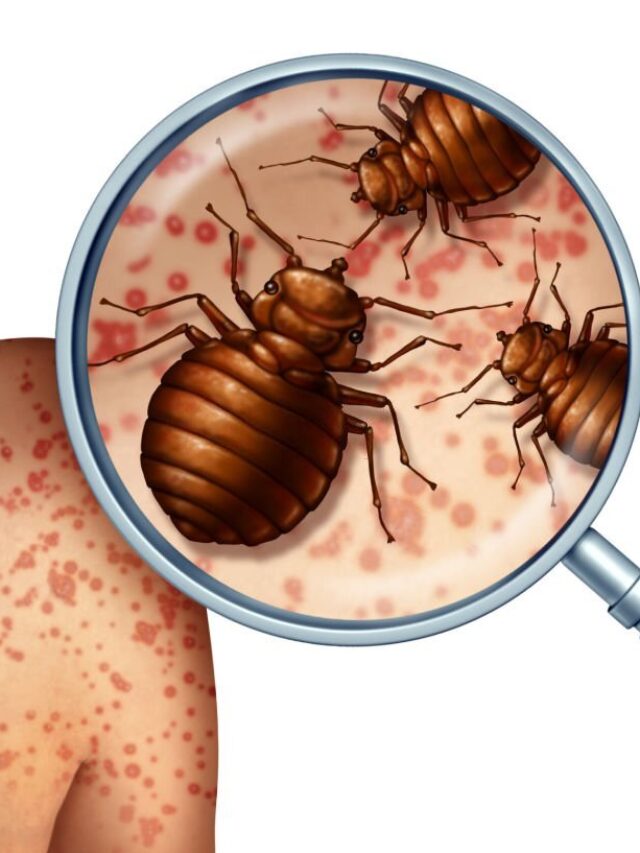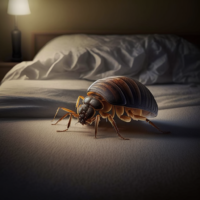Introduction:
Bed bugs are tiny, blood-sucking pests that can cause a lot of headaches for homeowners. One of the most alarming things about these pests is how easily they can spread from one location to another. In this blog post, we will explore how bed bugs spread and what you can do to prevent an infestation.
The Bed Bug Menace: How They Spread and Infest
Bed bugs are excellent hitchhikers and can easily latch onto clothing, luggage, or furniture. This means that bed bugs can easily travel from one location to another, whether it’s from a hotel to your home or from your neighbor’s house to yours. Once bed bugs have found a new location to infest, they will hide in cracks and crevices, making them difficult to detect.
From Hotels to Homes: How Bed Bugs Travel and Thrive
One of the most common ways bed bugs spread is through travel. When you stay at a hotel, bed bugs can easily climb into your luggage or clothing and hitch a ride home with you. Bed bugs can also be found in rental cars, airplanes, and other public transportation. Once they are in your home, bed bugs will quickly multiply and spread throughout your living spaces.
The Invisible Invaders: How Bed Bugs Spread Without Detection
Bed bugs are small and can easily hide in even the tiniest cracks and crevices. This makes it difficult to detect an infestation until it’s too late. Bed bugs can also travel through walls and floors, making it easy for them to spread from one apartment to another in multi-unit dwellings.
Protecting Yourself and Your Home
To avoid bed bug infestations, it’s important to take some precautions. When you travel, make sure to check your hotel room for signs of bed bugs, and keep your luggage off the floor. If you’re buying used furniture, inspect it carefully before bringing it home. If you do find bed bugs in your house, don’t wait – call a professional exterminator right away.
Eradicating Bed Bugs: How to Get Rid of Them for Good
If you find bed bugs in your home, it can be tough to get rid of them. You might try some do-it-yourself (DIY) methods, but they can take a lot of time and may not work. It’s usually better to call a professional exterminator who knows how to deal with bed bugs. They can use different techniques, like heat or chemicals, to get rid of the bugs. A professional can help make sure the infestation doesn’t come back.
Conclusion: Bed bugs are a pesky problem that can quickly spread and infest your home. To avoid bed bugs, you can be careful when you travel and check second-hand furniture before bringing it home. If you find bed bugs in your house, it’s crucial to act fast and get in touch with a professional exterminator. They can help you get rid of the bugs and stop the infestation from spreading.
FAQ’S
How Do Bed Bugs Reproduce?
Bed bugs reproduce through a process called traumatic insemination. This involves the male bed bug piercing the female’s abdomen with his reproductive organ and injecting his sperm directly into her body cavity. This process can be harmful to the female, often resulting in physical damage to her reproductive system and a shorter lifespan.
Once fertilized, female bed bugs can lay up to five eggs per day and up to 500 eggs in their lifetime. The eggs are small and white, roughly the size of a pinhead, and can be difficult to spot. They are often laid in cracks and crevices near the bed, making them hard to detect.
The eggs hatch in about a week and the newly emerged bed bugs begin to feed immediately. They go through several molts before reaching adulthood, and each stage requires a blood meal to continue developing.
How Do Bed Bugs Spread From House To House?
Bed bugs are small, blood-sucking insects that can quickly infest your home and become a major nuisance. One of the most common ways bed bugs spread is by hitchhiking from one location to another. When bed bugs infest a home, they can easily travel on clothing, luggage, or any other personal belongings.
This means that if you visit an infested location, such as a hotel or friend’s house, bed bugs can latch onto your clothing or bags and come home with you. Additionally, bed bugs can also spread through infested furniture or bedding. If you bring used furniture or bedding into your home, it’s important to thoroughly inspect it for any signs of bed bugs before bringing it inside.
It’s also possible for bed bugs to spread through walls or electrical outlets, although this is less common. To prevent bed bug spread, it’s important to take precautions when traveling and inspecting used items, as well as to act quickly if a bed bug infestation is discovered in your home.
